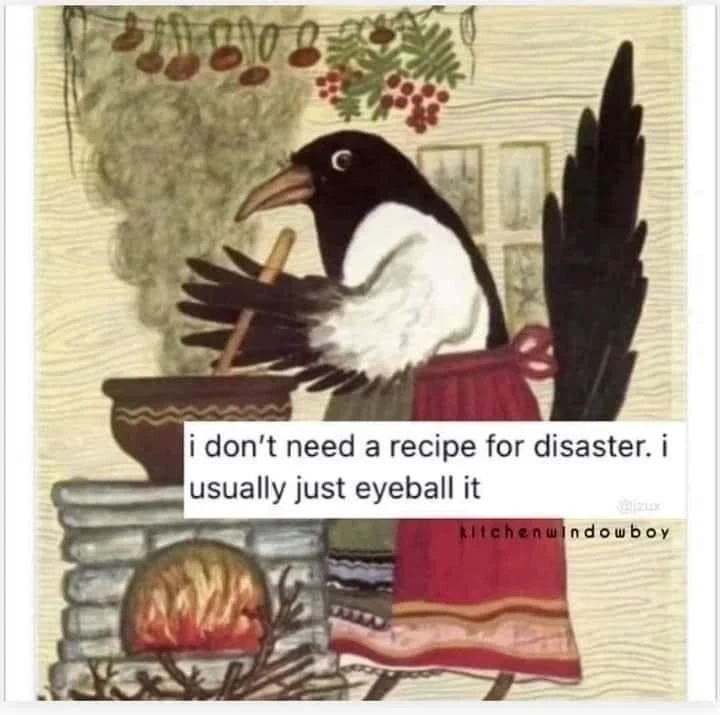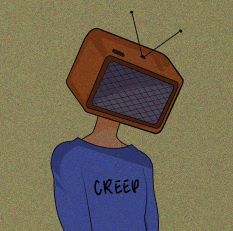Well I guess you’re not an astronaut.
Yep, I think we have gravity to thank for this.
I’m not judging anyone but I never realized how many people struggle with left vs right. I’ve never had an issue with it, even when looking in mirrors or video, my brain just figures it out. My gf, brother and mom I know struggle with it and always have.
I wonder if there is some trait that makes it harder for some and almost instinctual for others.
Yeah, I do have a memory of struggling with it when I was very young (5 or 6, probably), someone showed me the “your left hand makes an L when you put your thumb out” trick at a day camp… That’s my memory.
Haven’t had an issue with it since, so shout-out to that dude I guess
Same! Someone told me that your left hand makes an “L” so if I ever got confused I would just remind myself of that. As a kid it was my little secret because I’d just pretend to know while in my mind I’d picture my left hand making an L shape.
(Also, hello other panda!)
You’re probably right.
It makes sense that left and right is more abstract to our brains than up and down. As humans we’re symmetrical from left to right: my right hand is a mirror image of my left. We’re asymmetrical up and down: my feet are different from my head. We also have gravity which our whole lives points down. There’s no equivalent to that in left vs right.
Whether something is up or down is more meaningful in terms of our average interaction with that object than whether it is left or right. Conceptually the latter is inherently relative to the observer, and in many circumstances the observer could just turn around to change the state of whether it’s left or right, so it doesn’t matter which way it is. Whereas they can’t do as much about many things that are “up” or “down” like the sun, a tree canopy, the earth’s mantle. Those things are more constant generally so it’s easier to grasp them
This is why when learning to write, kids constantly mix up their “b” and “d” and have problems remembering which way “3” should face. Our lizard brains don’t really care for left vs. right.
Fun fact… Ancient Greek (and a lot of other early alphabet-based scripts) was often written both left and right. It was called boustrophedon, “as the ox plows.”
Basically, write the letters left to write, get to the end of the line, next line goes right to left, etc. We’re so used to symmetry that it is actually reasonably natural, to your point.
In zero gravity situation, down is where the enemy gate is.
Such a good book
If only reading is a cheaper hobby in my country, would totally get all the subsequent series. So good.
If it’s possible for you to get an e-reader, you can pirate a lot of the books!
My feet are on down. Left and right are subjective.
@zephyr This a common mistake in Spanish speakers. We (at the start of the learning process) always confuse left and right.
There’s no Spanish speaker that can say otherwise, if he/she says it is just blatantly lying.I see you in the shower realizing how hard it would be to confuse whether the water was coming from up.
The enemy’s drain is down
I find myself struggling with this sometimes—not that I don’t know my left from my right, but I sometimes find myself unable to connect the word “left” to “being on the left of me” (and same thing with the word “right”).
I can locate things just fine, but putting them into words, I sometimes find difficult.
I thought I was the only one.
I did this while installing my bidet today and made it a lot harder on myself than it should’ve been







